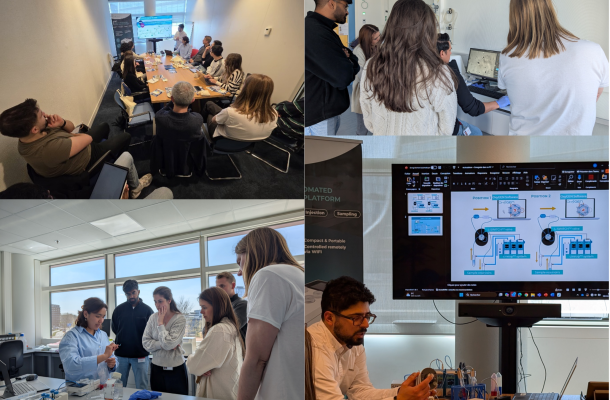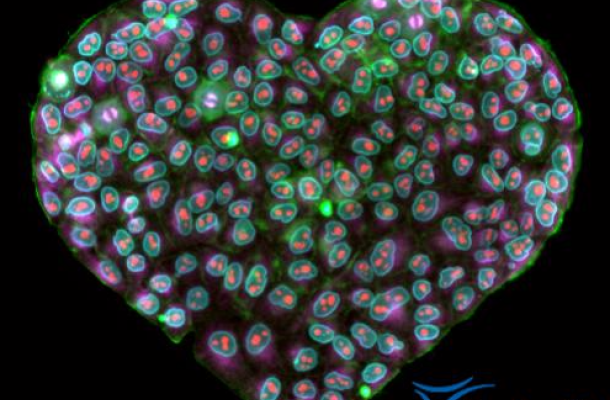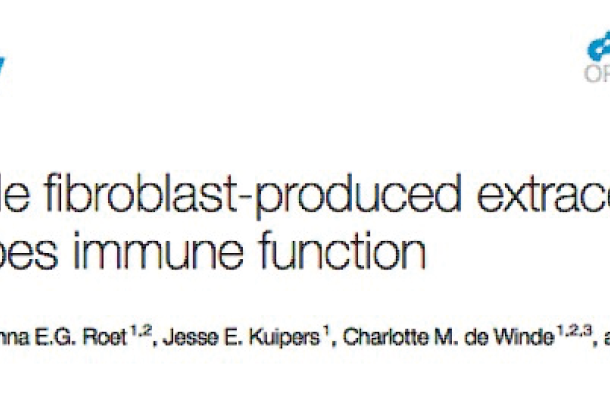
Monitoring organs-on-chip: a story by Massimo Mastrangeli
This year Massimo Mastrangeli was appointed as Associate Professor at TU Delft.
In his research he exploits his knowledge on microelectronics to create a home for human cells outside the human body. With a combination of soft and hard materials an environment is created to host cells or tissues, the chip. Stimulation of these cells or tissues with electricity, motion, mechanical power and chemicals allow them to grow and mature and function as a mini organ. Moreover, the chips are equipped to record signals to monitor the cells and tissues. To be able to see what is happening inside the chip the materials need to be transparent. The resulting organs-on-chips consist of human material and are therefore expected to be better predictors than animals for instance in drug development and toxicity studies.
Please check this link for the full story of Massimo
More news

Successful Workshop on Microfluidics

Technology Seminar: ibidi–Cells in Focus
